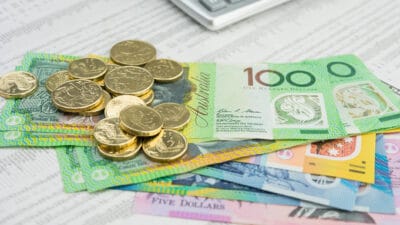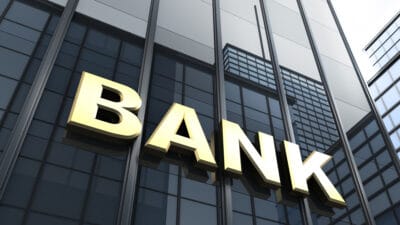Everyone who has been watching the Australian share market and the S&P/SAX 200 Index (ASX: XJO) over 2024 so far probably knows that the Commonwealth Bank of Australia (ASX: CBA) share price has been on one heck of a run in recent months.
After all, the ASX 200 itself has been hitting new highs of its own recently. And with CBA occupying the top spot on the index, it's pretty hard for the ASX 200 to hit new records without CBA leading the way.
It was only last week that this ASX 200 bank stock clocked its latest all-time high – this one at $145.24 a share.
Today, Commonwealth Bank is trading a few dollars under that new record, currently asking $142.92.
That puts the CBA share price up a huge 25.80% year to date. The bank is also up an even more compelling 39.27% over the past 12 months. Check it out for yourself below:
As we've covered here before though, this rise, whilst great for existing shareholders, has resulted in many investors thinking that the bank might have run too far. It's rather unusual to see a share price rise of this magnitude for an ASX bank share, particularly one that hasn't shown huge growth over the past year or two.
What's more, these share price gains have whittled the CBA dividend yield down to a very unbank-like 3.26% today.
So, is the CBA share price 'stretched to the max' today?
Has the CBA share price run too far?
Unfortunately for fans of the bank, most analysts think so. Last week, we covered the views of Goldman Sachs, which presently has a 12-month CBA share price target of just $100.35.
Another ASX expert agrees. As reported in the Australian Financial Review (AFR) this week, MST Marquee analyst Brian Johnson is ringing the warning bells.
Johnson calls the current run for the ASX banks a "hyper-rally". He described the CBA share price in particular as "stretched to the max", noting that "CBA is one of the most expensive banks in the world on any traditional metric".
He told clients that CBA "is a stock to own, not trade" and that its current share price represents "an unacceptable level of risk versus return". That's despite his view of CBA as "the best of the big four lenders with a superior franchise, management team and scale".
Interestingly, Johnson reckons that CBA's recent highs might be a consequence of the bank's own dividend reinvestment plan (DRP). Like many top ASX 200 shares, CBA offers investors a DRP. This allows them to forgo their cash dividend and instead receive additional CBA shares if they wish.
Does a DRP boost share prices?
Issuing new shares would normally result in share dilution, which obviously hurts all investors. So, to counter this, CBA buys back its own stock in the open market to ensure that the new shares don't destroy shareholder value. This, Johnson argues, results in a temporary and artificial catalyst for higher share prices, which could explain the new highs we have been seeing with the CBA share price.
However, Johnson also argues that when CBA's DRP closes at the end of this week, its recent run could come to an end.
We'll have to see what happens, of course. But these views are certainly worth considering for anyone who owns Commonwealth Bank shares today.









